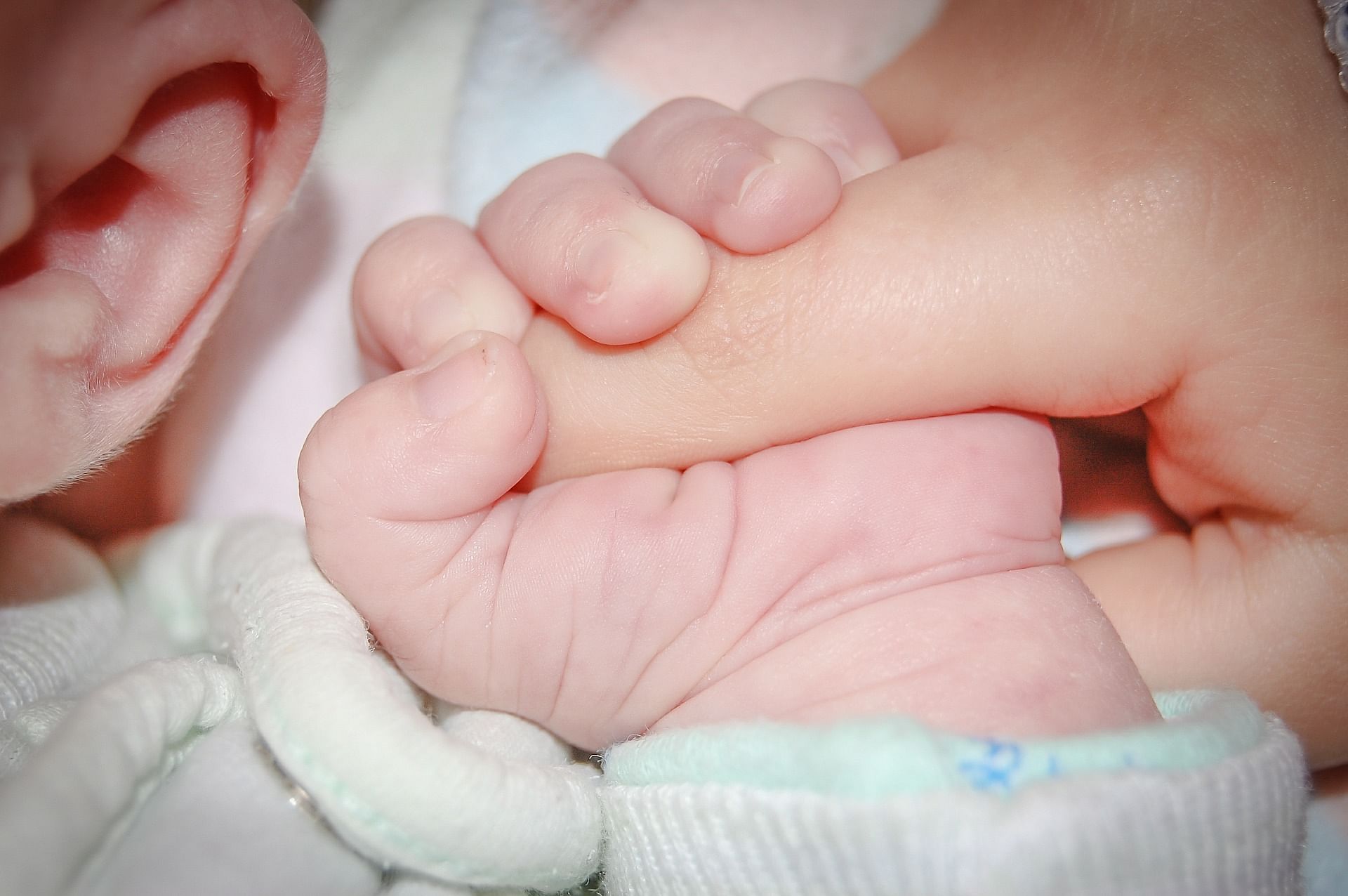
Babies born to mothers above 35 years of age, the previous child having a birth defect and a family history raise the possibility of children born with congenital conditions, according to a fetal medicine specialist.
The other contributing factors are mothers having medical conditions such as uncontrolled diabetes before conception and during pregnancy, congenital heart disease, the effect of taking certain medications, and smoking and drinking among expecting mothers. The vice-chancellor of state-run Srimanta Sankaradeva University of Health Sciences, Dr Dipika Deka, said this in a statement on the occasion of World Birth Defects Day (WBDD).
The WBDD, observed on March 3, unites people and organisations working in the field of birth defects.
"An older mother over the age of 35 years is at an increased risk of giving birth to a baby with down syndrome. "Some factors that increase the chances of having a baby with a birth defect are the previous child having a congenital birth defect, family history of having someone in the extended family tree spanning three generations with a genetic hereditary birth defect such as thalassemia, hemophilia, muscular dystrophy," Deka said.
Creating greater public awareness is essential as birth defects are a leading cause of death in the first year of life, Deka, also a former professor of obstetrics and gynecology and ex-chief of maternal foetal medicine department at the AIIMS, New Delhi, said.
Most babies who survive may be physically or mentally disabled, taking an emotional and financial toll on their families, communities, and nations, Deka said.
Birth defects include genetic disorders such as down syndrome, mental retardation, thalassemia, hemophilia, muscular dystrophy, and structural abnormalities that can affect any part of the body, it said.
The defects can vary from mild to severe form and affect the health and expected lifespan of the person, Deka said.
The congenital anomalies are evident at birth or any time thereafter, mostly within the first year of life, she said.
About the causes of birth defects, the VC said, "For most of them, we do not know the cause but many are due to complex factors - genetic, behavioral and environmental."
As complete treatment of most genetic disorders diagnosed after birth is not possible and only supportive treatments are available, the VC said, it is very important to diagnose the condition during early pregnancy, if possible.
Deka advocated "pre-pregnancy planning as most defects occur in the first three months of pregnancy when the organs of the baby are forming (organogenesis). However, some birth defects can occur during any stage of pregnancy. Not all birth defects can be prevented."
According to Deka, who is also a visiting professor of fetal medicine in the department of obstetrics and Gynaecology of Gauhati Medical College and Hospital, "Precautions can be taken and check-ups done before conception and during pregnancy to increase the chances of having a healthy baby.
"Couples should plan pregnancy, talk to a doctor before taking any medication, undergo basic routine tests, take Rubella vaccination at least a month before trying for a baby."
Alcohol should be avoided during pregnancy as it passes to the foetus from the mother's bloodstream through the umbilical cord and can lead to miscarriage, stillbirth, and lifelong physical, behavioral, and intellectual disabilities, she said.